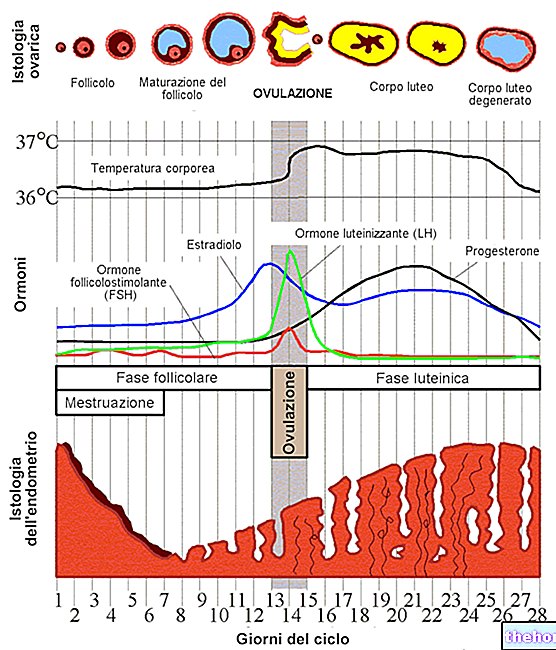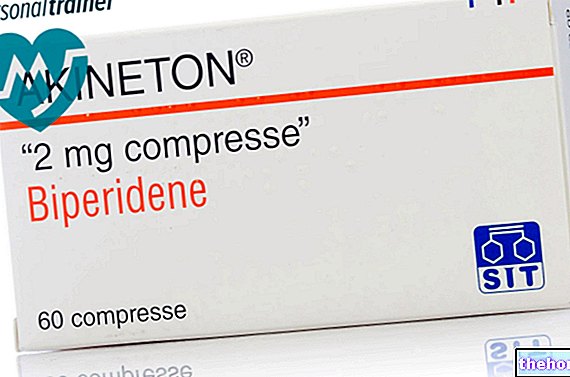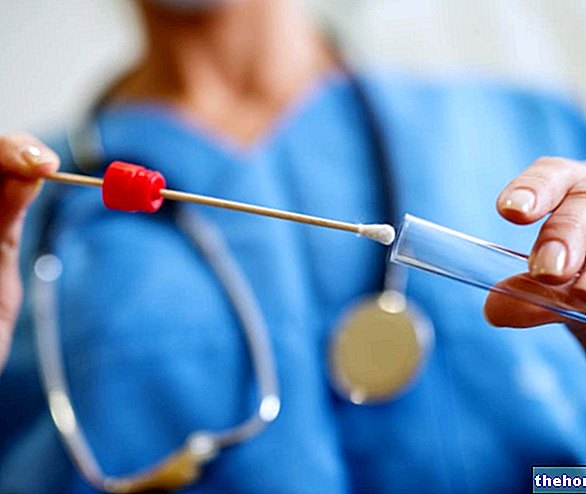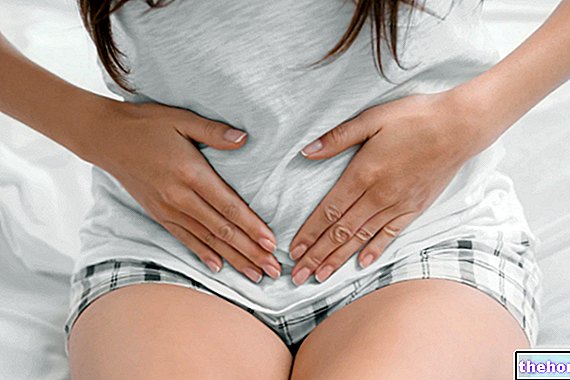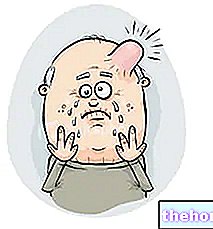Watch the video
- Watch the video on youtube
Given that the "increase in acidity" can be linked to various predisposing factors, we will try to make a quick overview, listing the main related diseases and the symptoms that identify them.
- When stomach acid is an occasional problem, the patient does not find it difficult to identify the root causes: meals that are too large, foods that are difficult to digest, stress, drugs or a few glasses too many, are in fact a frequent cause of heartburn. these cases, and in all those in which acidity arises in the immediate vicinity of a meal, it is likely that it is an episode of acute gastritis. This term identifies a generic inflammatory process affecting the internal gastric wall, sustained by the ingestion of alcohol, cigarette smoke, irritating foods or some drugs.
- If acidity and burning occur within the first 30 minutes after a meal and are accompanied by pain, it could be a stomach ulcer.
- When the symptom becomes chronic, occurs between meals, at night and is alleviated by the ingestion of food, it could be a duodenal ulcer.
- If the burning sensation is not limited to the gastric area but radiates upwards, even affecting the jaws, in all probability the disturbance is due to gastroesophageal reflux disease. The problem is caused by the ascent of the gastric contents in the esophagus, due to the incontinence of a muscular valve that closes the mouth of the stomach, releasing itself only to allow the transit of food, belching and vomiting. A further clue that points towards the diagnosis of gastroesophageal reflux is the onset of acidity and burning in conjunction with postural changes (bending over to tie shoes or pick up an object, lie down on the bed and similar movements).
- Sometimes, gastroesophageal reflux is caused by "hiatal hernia, a pathological condition in which a more or less large portion of the stomach passes from the abdominal cavity to the thoracic cavity, crossing the diaphragm at the hole where the esophagus (esophageal hiatus) passes. .
- Finally, when it comes to stomach acidity, it is a good rule not to underestimate the importance of emotional factors, since heartburn and regurgitation frequently occur in anxious or temperamental subjects.
Medicines
Pharmacological therapy of heartburn is therefore focused on the use of antacid, prokinetic drugs (to accelerate gastric emptying and hinder reflux) and antisecretives (to decrease gastric secretion).
For further information: Medicines for the Treatment of Acidity and Burning of the StomachRemedies
Despite the effectiveness of these drugs, when it comes to stomach acidity it is frequent to resort to "friend's advice" and, more generally, to self-medication. The best known remedy is sodium bicarbonate which quickly relieves the " acidity, but which just as quickly tends to lose its positive effect, to the point of exacerbating the symptoms of the disorder. The same can be said for milk. Furthermore, sodium bicarbonate is contraindicated in pregnancy, renal insufficiency and hypertension, as it increases the amount of sodium absorbed.
In the presence of dyspepsia, phytotherapeutic prescriptions are varied and include, just to mention a few examples, mucilage, aloe, mint, gentian, artichoke, dandelion, wormwood, blessed thistle, cumin, fennel and rhubarb.
Importance of the medical examination
Regardless of the effectiveness of these "do-it-yourself" remedies, before taking any action it is a good rule to consult your doctor. Antacid drugs are in fact intended as emergency remedies, useful for treating pain related to stomach acid. When the burning persists, a medical consultation is mandatory, as it allows you to identify the causes and promptly undertake the most appropriate therapy.
Even if an accurate amnesthetic investigation can direct the doctor towards a precise diagnosis, the symptoms related to heartburn do not constitute a certain diagnostic criterion, since, as we have seen, they can be common to various diseases affecting the digestive system. Often, to exclude the presence of specific pathologies, diagnostic investigations such as radiography of the upper digestive tract, pHmetry and esophageal manometry are necessary.
While waiting for the report, the following general advice may be useful:
- The diet, first of all, must "be in the spirit of sobriety". Not very substantial but frequent meals, based on foods that are easy to digest and on the moderation of irritating ones, help to keep heartburn and acidity under control. Instead, the consumption of fruit juices (pH 3-5), coffee, Coca-Cola (pH 2.3) and all substances that stimulate gastric secretion will be limited.
- Even the abolition of smoking, together with the respect of the correct chewing times, helps to reduce the intensity of the burning. For more advice see: diet and gastroesophageal reflux.

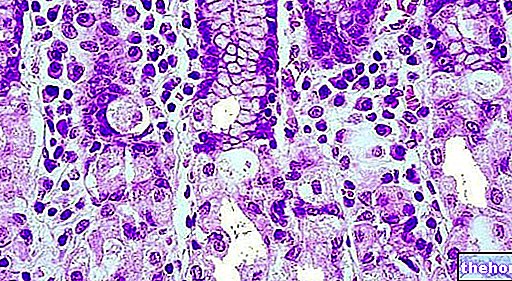

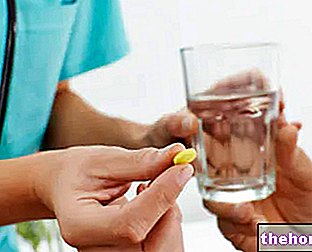
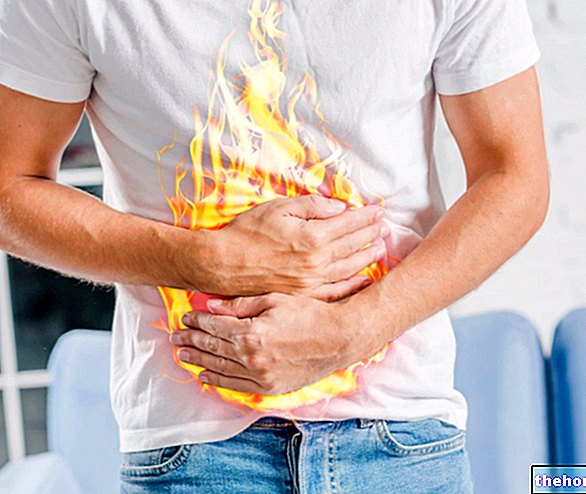
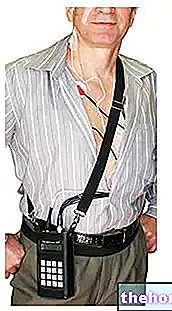
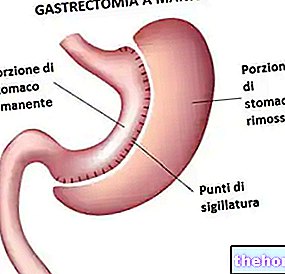

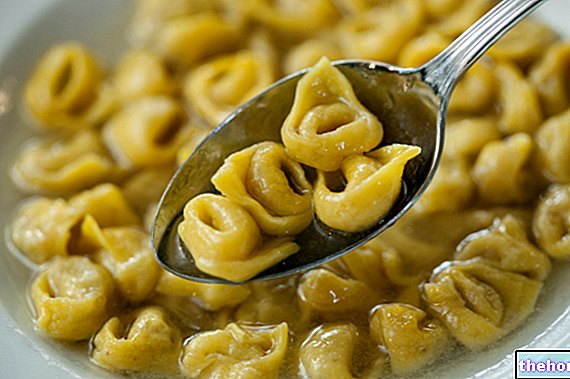


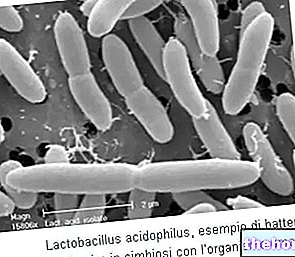
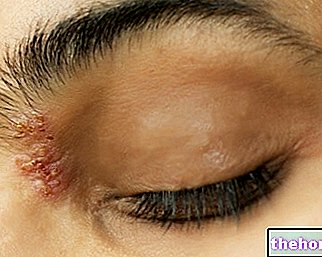

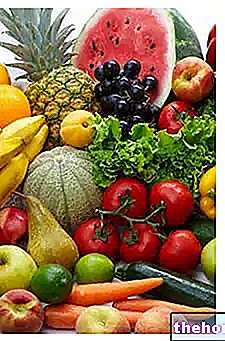
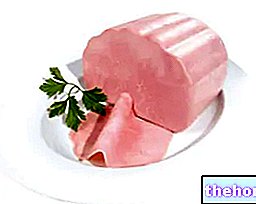

.jpg)



